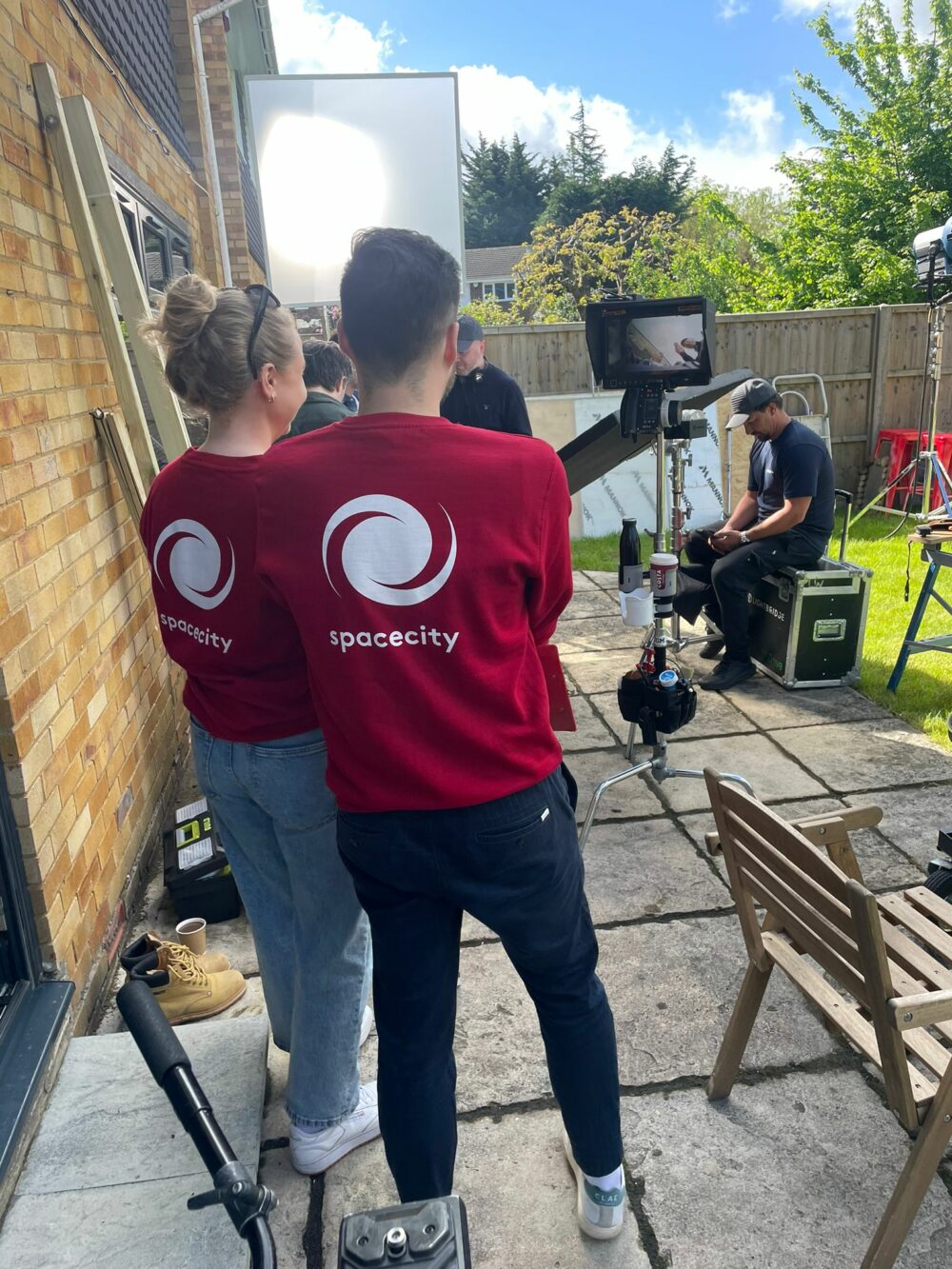After interviewing Scope about the state of advertising, the situation was inverted as Space City outlined what was necessary for long-term industry improvement and success – and it’s easy to attain through ethical practises
ETHICAL Marketing News has interviewed Space City Productions in order to ascertain the changes that need to be made to the advertising industry.
With overall efficiency and ROI being reduced online and practises being brought into question, ethical practises concerning a lack of transparency have encouraged increased mistrust in the industry, as a result of the cryptic nature of Facebook and Google.
Editor of the outlet, Stuart Mitchell, asked how important Space City thinks ethical marketing is and what campaigns have stood out and instigated change in the industry. Our response is as follows: ” Ethical marketing, whether our own or our client’s, is imperative to not just business success, but empowering society too and encouraging competition.
“Looking at the entire subject scientifically, without the usage of ethics in marketing, a culture of distrust and resentment proliferates.
“From the business perspective firstly, companies enjoy 70% increases in optimal business effects by empowering their consumers through the implementation of new ideas, or at least more moral principles.
“By perpetuating existing stereotypes or practises, a culture of stagnation will pervade the industry, thus stifling competition, spending incentives and capital growth.
“From a societal perspective too though; by simply including those previously neglected or ostracised by advertising and marketing, just a golden rule approach to the entire production process will ensure of economic stimulus and willingness to engage in society.
“Overall ethical marketing and by extension, all communication, is paramount to the efficient operation of a progressive and successful society and economy – encouraging social mobility and empowerment ensures that everyone is therefore ubiquitous, consequently eliminating dysfunctional elements of society through incentive rather than admonishment.
“From a company perspective, our campaigns for SkinBase and Baker Ross were particularly weighted towards instigating true social change.
“In advertising, the most successful adverts are ones that connect with consumers emotionally and provide the tone that normalises the campaigning, ensuring that it can be related to their own life.

“In the case of the latter the onus was more on reflection: delivering on our own advertising quotas.
“Internally we are acutely conscious of producing a balanced overall advertising portfolio, with a clear focus on ensuring not only the creatives are honest, credible and virtuous, but the acting talent is reflective of technology.
“Overall, ethical advertising has to be delivered from TV down, with the physical appearances key to mitigating any societal dogma that persists. Maltesers have also produced a wonderfully authentic and empowering campaign that also became their best performing creative of all time – all through the implementation of utilitarian, golden rule principles.”
With the issues identified, the resolutions to this ongoing issue were provided after Mitchell’s probing on what changes were imperative for advertising to evolve. We continued: “Definitely, with the rise in granular data and behavioural tendencies of consumers on and offline, a paradigm shift has occurred in relation to how advertisers have to formulate and prepare their campaigns.
“Historically, without the data to support changes in tact, the tried and tested was perennially recycled, stymieing growth and innovation, leading to the unethical, opaque advertising practises we see permeate through online advertising.
“The lack of deontological theory employed in their practises has lead to a haemorrhaging of consumer trust, with concerns raised over their privacy and threats of fraud.
“Ultimately the catalyst for change has been enacted as a result of budgets being marginally withdrawn from Google, Twitter and Facebook, yet they remain complicit to their hypocrisy in practise, with targeted advertising seen as a means of creating more relevant advertising, while that very directive has led to declining efficiency and consumer trust.
“Thus when businesses start to look at their actual expenditure you will see increased onus on transparency and video advertising that is appraised and cleared by unbiased bodies.
“With our own ads we always seek Clearcast approval, ensuring that all claims made are substantiated and the integrity of ourselves and clients is upheld.
“Many businesses are taking their operations in-house to save money, yet so much could be saved by utilising companies like ours that mass produce myriad creative annually.
“Ensuring of codes of conduct that instil transparency will eliminate the arbitrary processes that currently cause confusion and consternation in the clearance process.
“With one generic body and authority, the clarity regarding the basic expectations of advertising ensure that the industry can flourish globally.

“With barriers removed, costs can be lowered and a globally ethical advertising sphere can be fostered, improving trust and understanding through awareness.”
Mitchell continued to question Space City, concluding with the issue of fake news; whether it is an issue, and what work we think needs to be done to secure the future of advertising. We concluded: “Yes. At a time where rhetoric and intention is superseding actual facts, we live in very volatile times indeed.
“Advertising can be particularly dangerous in this instance. Without such accountability – like fake news outlets – influence can be leveraged emotionally, interpolating consumers towards rhetoric and not fact.
“Therefore it is a necessity for advertising to become universally accountable for its actions, with partnerships also a beneficial means of mitigating the increasingly divisive news and advertising divides that have swelled.
“This element of advertising is the most lucrative and fosters the most trust, therefore as the colossus that is data consumes all the latest innovations in display, measurement and automation, basics needs to be remembered regarding honesty, integrity and mobility.
“The ads should be based around development and not just offers; this bracket of advertising has driven efficiency down in recent years: regardless of the collaborative or technological advancements, competition has to be proliferated once more to break the increasing duopoly of Facebook and Google.”
Ethical Marketing News was formed in 2017, aiming to foster ethical marketing principles through their work.
Contact Space City now for advertising that is underpinned by golden rule and deontological principles; protecting your business from litigation.


